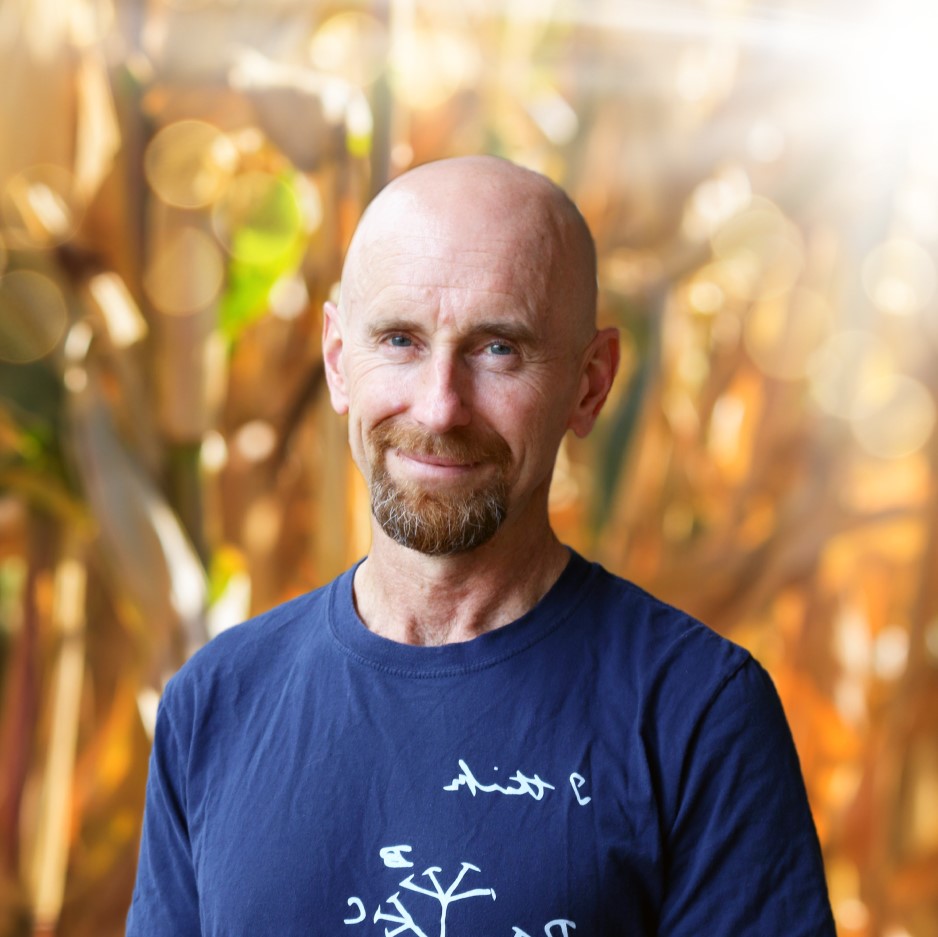Prediction based crop improvement is feasible today. One popular approach is a direct extension of the traditional plant breeding methods, using applications of Whole Genome Prediction (WGP) to complement and scale empirical breeding programs.
Using the phenotypic data generated by the empirical testing stages of breeding programs suitable training data sets can be constructed. With access to sequence based fingerprints of the individuals included in the training data sets statistical methods can be applied to associate sequence polymorphisms with trait phenotypic variation. The resulting statistical models can then be applied to individuals that have been genotyped, with or without phenotypic information, to obtain trait phenotypic predictions.
While this prediction-based methodology allows a scaling of the traditional breeding methodology it does not solve some long-standing problems, in particular complications associated with genotype-by-environment (GxE) interactions.
One potential resolution that has been proposed involves the use of a suitable crop growth model (CGM) within the model-building step of WGP to account for the influences of environmental variation and trait variation giving rise to the GxE interactions for higher order traits, such as grain yield. The current status of this CGM-WGP methodology is reviewed and some of the potential advantages discussed.
Prof Mark Cooper 
The Centre for Crop Science, QAAFI
In March 2018 Mark Cooper accepted a new Chair in QAAFI to focus on Prediction-based Crop Improvement methodology. Prior to joining QAAFI Mark worked at DuPont Pioneer from 2000 to 2017 focusing on genomic, phenotyping and modeling technologies to improve maize breeding. This worked enabled the 2011 launch of the of the AQUAmax suite of drought tolerant maize hybrids.
About Science Seminars
Queensland Alliance for Agriculture and Food Innovation hosts science seminars across the disciplines of animal, horticulture, crop, food and nutritional sciences.
With a range of speakers from Australia and abroad, the series explores how high-impact science will significantly improve the competitiveness and sustainability of the tropical and sub-tropical food, fibre and agribusiness sectors.
View Science Seminar pageSign up to receive QAAFI Science Seminar notifications
Email Science Seminar Committee
The Queensland Alliance for Agriculture and Food Innovation is a research institute at The University of Queensland, established with and supported by the Queensland Department of Primary Industries.

